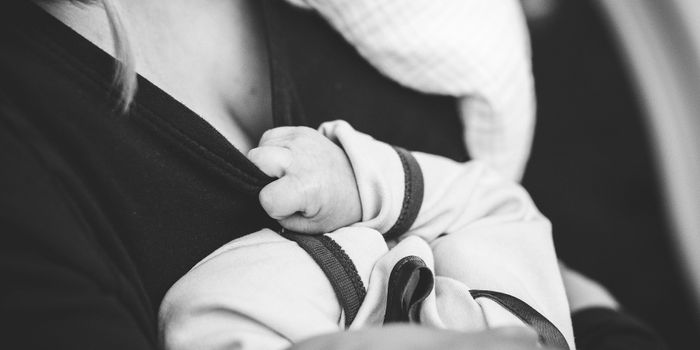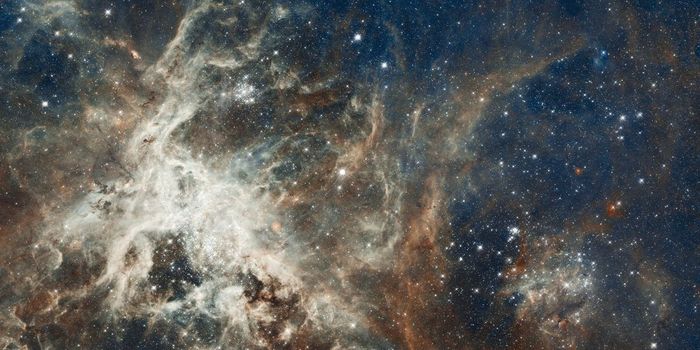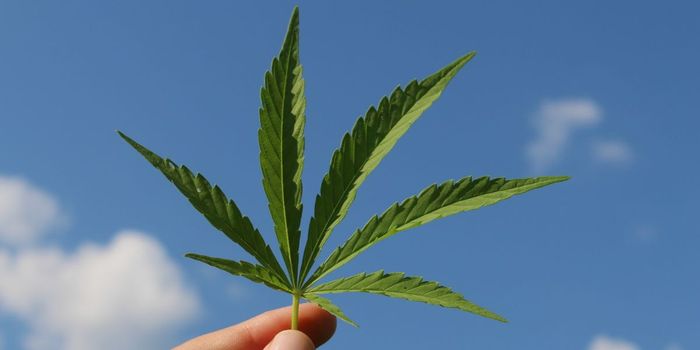A lot of what goes on in our bodies are within our control: we chose what to eat, how long to stay up, what environment to be in, etc. While we do all these fun things, processes such as breathing and heart beating occur without the need for conscious control. We're alive and well due to the automatic feature of these processes. But what about other involuntary behaviors that don't seem to be tied to survival?
For example, how do hiccups happen and why do we yawn? Hiccups are caused by involuntary contractions of the diaphragm, and usually stop within a short amount of time. You may have come across many tricks to stop hiccups, some involving sticky peanut butter or holding your breath. These tricks seem to have success because increasing the body's carbon dioxide levels an effective way to combat the hiccups. Though scientists know how hiccups happen, they don't exactly know why it happens.
Similarly, we know yawning is associated with sleep and boredom, but scientists really don't know why we yawn. This mystery extends to the entire animal kingdom, and gets even weirder considering yawning is contagious.
Watch to learn more about other involuntary behaviors like eye twitching, sun sneezing, and sleep start.








